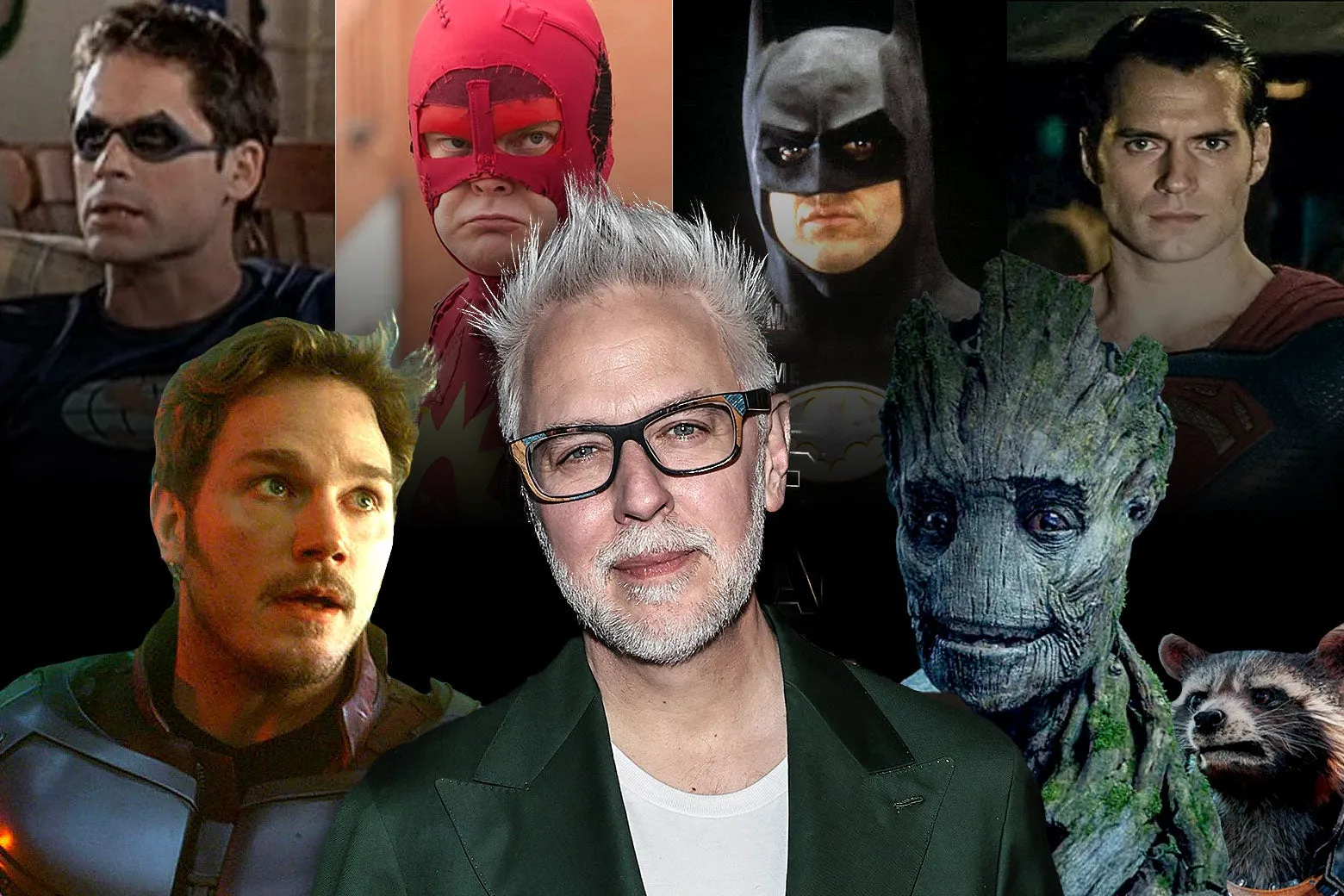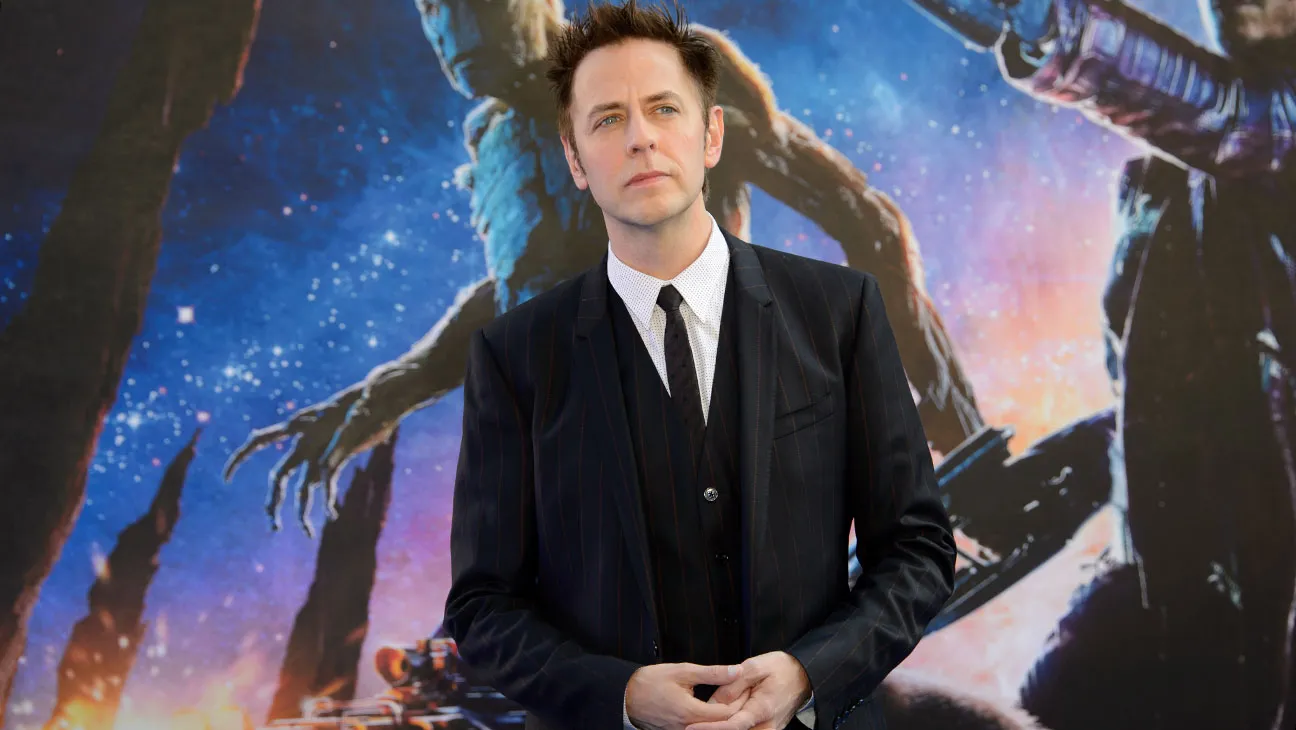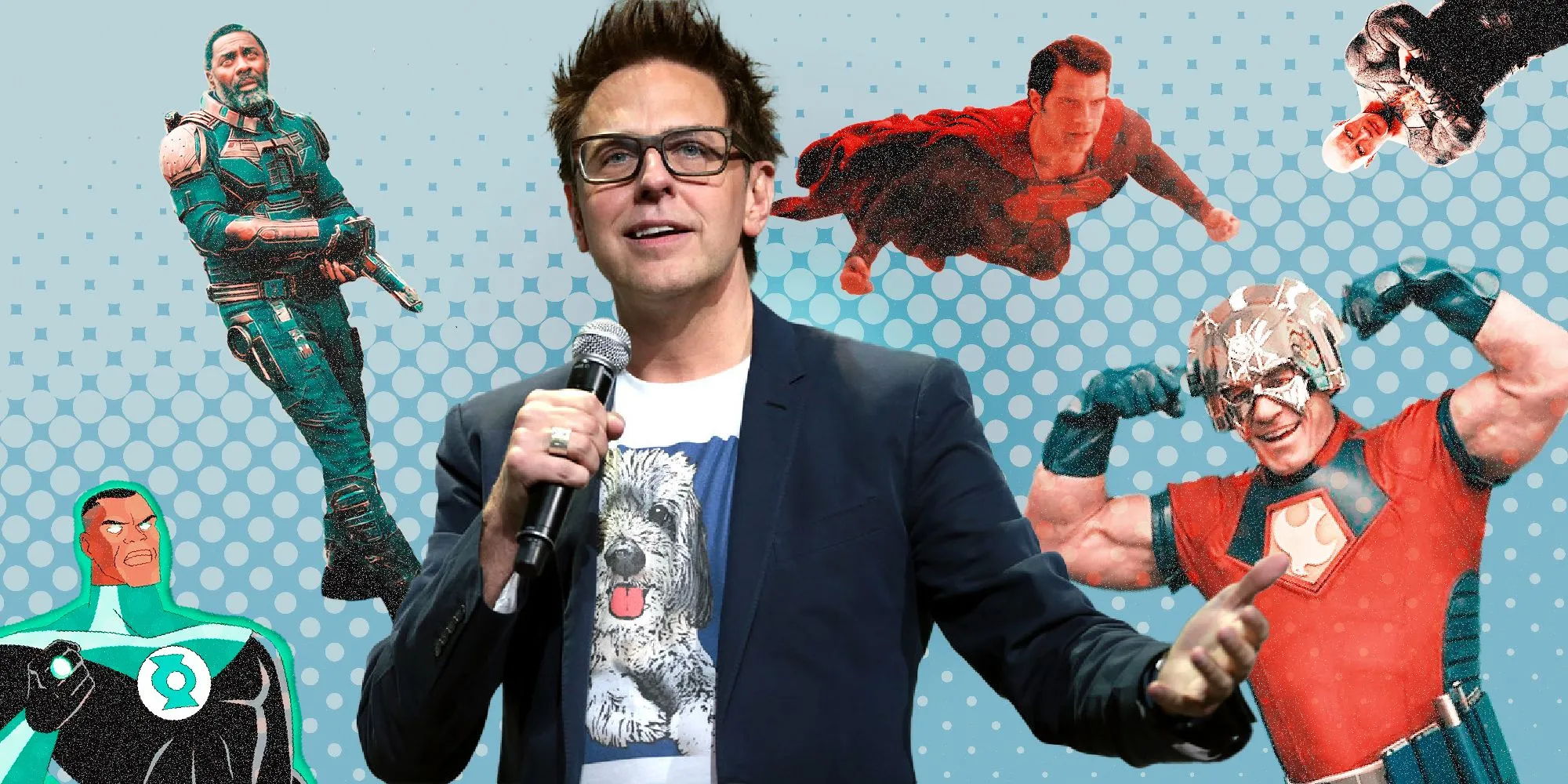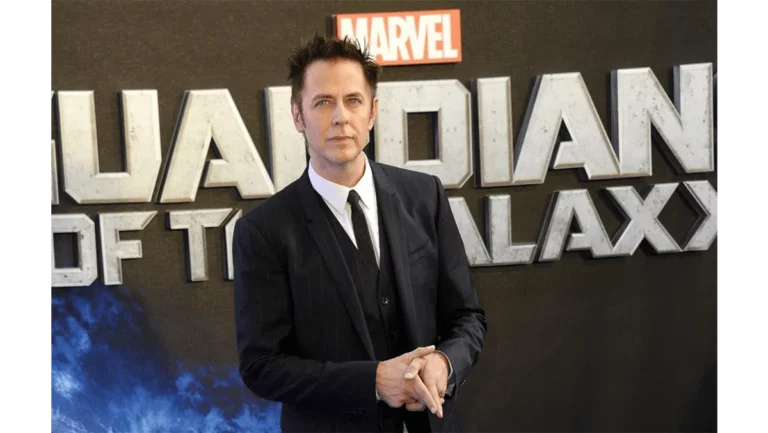Long before James Gunn became synonymous with superhero blockbusters and the directorial genius behind “Guardians of the Galaxy,” he helmed a much smaller, grittier project titled “Super.” This film, starring Gunn himself alongside notable actors like Elliot Page and Kevin Bacon, was a far cry from the massive budgets and expansive CGI universes he would later manage. Despite its smaller scale and indie status, “Super” proved to be a formative, albeit harrowing experience for Gunn. He described the production as “tough” due to its tight schedule, requiring up to 50 set-ups a day, making it a significantly demanding endeavor compared to his future projects.

Creative Control in the Mainstream: Guardians of the Galaxy
Transitioning from “Super” to “Guardians of the Galaxy,” Gunn encountered a vastly different filmmaking landscape. Under the guidance of Kevin Feige, Gunn enjoyed a level of creative freedom rarely afforded in major studio projects. This autonomy, combined with the substantially larger budget of $170 million provided by Marvel Studios, allowed Gunn to bring the obscure Guardians into the limelight, transforming them into household names. This success not only underscored his directorial prowess but also marked a pivotal shift in his career, moving from indie circuits to mainstream dominance.
Philosophical Shifts in the DC Universe
With his established reputation, James Gunn has now taken on a significant role within the DC Universe (DCU), where his philosophy towards filmmaking continues to evolve. Unlike his time in the Marvel Cinematic Universe (MCU), Gunn is now emphasizing the importance of script development and writer involvement in the DCU. This approach is indicative of his respect for the writing process, ensuring no project proceeds without a completed script—a stark contrast to the previous practices within DC.

Gunn’s insistence on giving writers adequate time to craft their stories reflects his belief in the foundational role of storytelling in filmmaking. This strategy not only aims to elevate the quality of DCU projects but also fosters a creative environment where writers feel valued and empowered.
Reflections on a Varied Career
James Gunn’s career trajectory from “Super” to his ongoing work with the DCU illustrates his adaptability and resilience as a filmmaker. Despite the challenges of a low-budget indie film, Gunn leveraged his experiences to excel in the high-stakes world of blockbuster cinema. His journey underscores a relentless pursuit of creative freedom and a commitment to storytelling, qualities that continue to shape his projects and influence the broader landscape of superhero films.

James Gunn’s career is a testament to the power of perseverance and adaptability in Hollywood. From the “harrowing” days on the set of “Super” to his transformative work on “Guardians of the Galaxy,” and now to his strategic leadership in the DCU, Gunn’s narrative is not just about making films but about reshaping how superhero stories are told. His approach offers a refreshing perspective on the importance of narrative in a genre often dominated by visual effects and spectacle, ensuring that the heart of storytelling remains at the center of cinematic endeavors.
